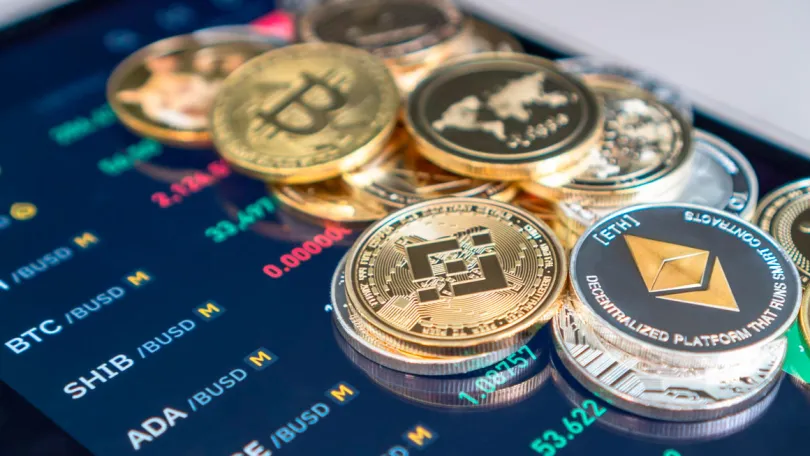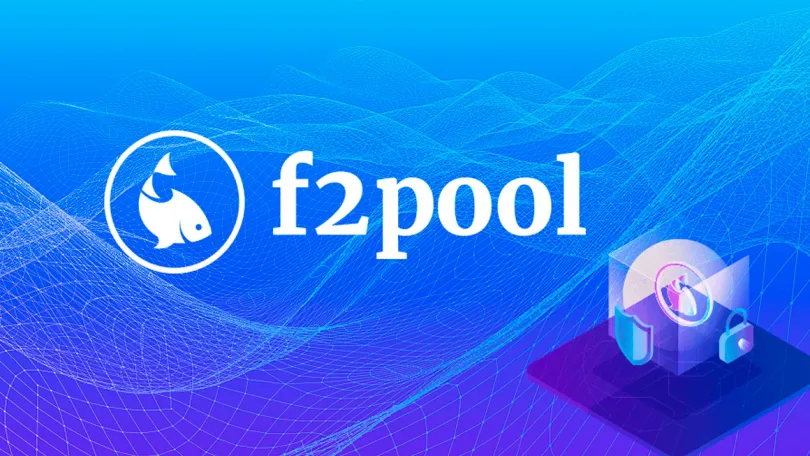Decentralization is a foundational concept in the world of cryptocurrency and blockchain technology, referring to the distribution of authority and control away from a central entity. This approach empowers users, giving them more autonomy over their digital assets and data. Instead of relying on a single server or organization, decentralized networks operate on a peer-to-peer basis, meaning that participants can interact directly without needing intermediaries. This shift not only enhances security but also fosters transparency and resilience in the system.
In the context of cryptocurrencies, decentralization plays a crucial role in ensuring that no single party has absolute power over transactions or the issuance of new coins. For instance, in a decentralized network like Bitcoin, transactions are verified by a network of miners, making it nearly impossible for one individual or organization to manipulate the system. This trustless model provides a safe environment for users to exchange value and engage in financial activities without fear of censorship.
Blockchain technology, the underlying infrastructure for many cryptocurrencies, embodies the principle of decentralization. By storing data across multiple nodes, blockchains ensure that information is not solely housed in one location, which adds an extra layer of security against hacks or data breaches. Users can interact with the blockchain through wallets—like Ethereum or other tokens—enabling them to send and receive cryptocurrencies while maintaining ownership of their private keys.
As more people become aware of the benefits of decentralization, the use of decentralized applications (dApps) has surged. These applications eliminate the need for a middleman, allowing users to participate in services like lending, trading, and even gaming directly on the blockchain. This not only reduces costs but also enhances efficiency by streamlining operations.
Voice applications, social media platforms, and marketplaces are now exploring decentralized models, which can hold significant implications for data privacy and user control. By adopting decentralized frameworks, users find they can contribute to and maintain platforms where their data is their own, unlocking new economic opportunities and fostering community-driven initiatives.
At our site, you can stay up-to-date with the latest news and developments surrounding decentralization in the cryptocurrency and blockchain realms. Discover how different projects are leveraging this transformative approach and how it impacts users worldwide. Whether you're an avid investor or simply curious about the future of finance, the topic of decentralization holds valuable insights that are reshaping various industries.
Decentralization news
Cryptocurrencies are digital assets that use cryptography to secure transactions and control the creation of additional units of currency.
Trending news
- Artificial Intelligence (AI)
- Altcoins
- Bitcoin
- DeFi
- Ethereum
- Economy
- Market and Events
- Metaverse
- Mining
- NFT
- Regulation
- Web3
- show less
























